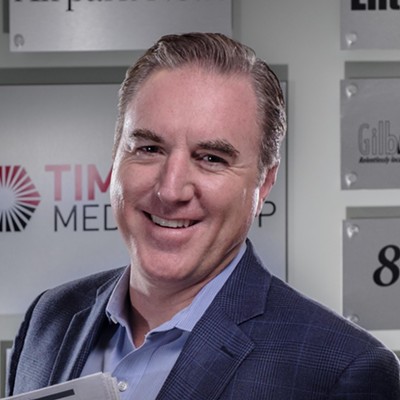It can be tough to be a journalist these days.
Last December, Gallup—as it does every year—did a poll asking the public to rate the ethical standards of people in various professions. Nurses came out on top, with 84 percent of respondents saying "very high" or "high." Car salesmen came in dead last, with only 7 percent of those polled saying "very high" or "high." And journalists? We were closer to the bottom of the list than the top, at 26 percent, in among professions such as chiropractors (36 percent), state governors (22 percent) and lawyers (18 percent). Gads.
Then there's a constant effort, or so it seems, by politicians to bash journalists and the work they do. Arizona's junior senator, Jon Kyl, has batted around the idea of making it a crime for people—journalists included—to disseminate information regarding the United States' efforts to combat terrorism, even if the country's efforts themselves are illegal. (Read more about it in this issue.)
And I am sure many of you have been watching PBS' Frontline; the newsmagazine is in the midst of a series focusing on the not-so-bright future of the news media. (If you've missed it, I recommend checking it out at PBS online.
Despite all of this, I have always been proud to call myself a journalist. But given some of the amazing work journalists both "mainstream" and "alternative" have been doing lately, I am even more proud. The biggest example of this comes from The Washington Post and its recent series that alerted the world about the awful conditions some wounded soldiers are suffering in at Walter Reed Army Medical Center.
Not all journalists are good or ethical, but the vast majority of them are. And I am proud to be one of them.








